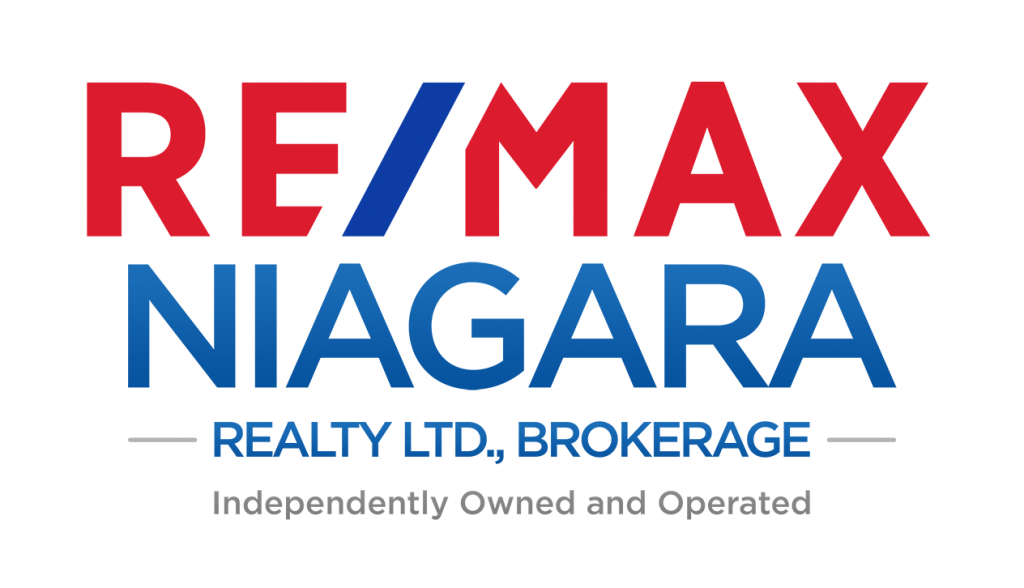For years, the Canadian Real Estate market has been driven by a limited number of properties and a larger number of interested buyers — resulting in competing offers on everything from affordable starters to luxury waterfront listings.
Most people know this process as a “bidding war”; a phrase that brings immediate anxiety for some prospective homebuyers.
Buyers have even gone as far as implementing a strategy of Bully Offers; making a bid before the set offer date, which has become a more common (and frustrating) trend in the Real Estate market.
There’s been no shortage of debate about whether a transparent, open bidding system with all offer prices disclosed would be fairer in these kinds of circumstances, and now during a federal election, there’s now consideration of doing away with current ‘blind’ bidding process altogether.
Realtors have also been taking some heat. The Ontario Real Estate Association (OREA) is (rather dramatically) arguing that sellers should get to choose for themselves. Other Realtors have also been taking some heat within the industry that happen to be IN FAVOUR of the open/transparent bidding process.
Blind Bidding Vs. Open Bidding
Blind Bidding
Par for the course in Canadian Real Estate for some time: buyers make an offer on a condo or house based on their estimation of the value and what they expect others might offer for it; they know how many offers have been made but not the value of those offers.
Open Bidding
All buyers are aware of the number of offers and their value. This system might not be common in Canada, but it’s used in other parts of the world, including Australia.
The Pros and Cons of both Processes
On the surface, an open bidding system appears to create an equal playing field for buyers and sellers, and it prevents situations where a buyer beats that next buyer by a significant margin. But the Ontario Real Estate Association (OREA) is arguing that sellers should get to choose for themselves: most sellers would probably agree, just as most buyers would disagree.
Advocates who favour open bidding argue that blind bidding leads to buyers making poor decisions and overpaying — unfortunately, the same could be said for open bidding, as the reality is that they often turn into auctions (as we’ve seen in other parts of the world). In a frenzied auction process, it’s easy to overspend, and one could make the case that an auction is far more competitive than a blind bid.
As well, OREA argues that the open bidding process requires buyers to share too much information; down payment, whether they need to sell their house first, and even their address would be presented to all other buyers. The case against that is in most competitive cases, that is already happening during the presentation process.
Proponents of the blind bidding process believe it encourages buyers to determine where they see the value in a more measured, calm environment, rather than a chaotic auction. Buyers settle on a price that works for them, and then they submit and see where the chips fall. Often, they’re given one opportunity to improve their offer, and that’s it.
Summary
Transparency and Disclosure is an essential part of the real estate business, but in the end, buyers and sellers should have the right to protect sensitive information.
If a middle ground could be struck, that only requires buyers to disclose the highlights of their offer (price, deposit, closing date and condition/s) that could be a workable solution. Buyers need to understand though, that in the end, there’s only one party who will win and secure the property.
Regardless of process, the other buyers are still going to go home deflated and many with a sense they’ve been cheated somehow — whether accurate or not.
When a change is made to how the market operates, the impact can be dramatic, and it’s often accompanied by unforeseen consequences. No matter what decision is made, there shouldn’t be a rush to judgement, and the views of buyers, sellers, realtors, and investors should be heard before any decision is made.

